One thing that you quickly learn after going vegan is that it is not as simple as just not eating meat, fish, dairy, and eggs. After millennia of exploiting animals for human benefit, a very wide variety of animal products are used both in the ingredients and in the processing of food.
So, if you strive to avoid animal products as far as possible in your diet, it becomes essential to educate yourself about all sorts of common food processing techniques that the general public knows next to nothing about.
Who knew, for example, that much of the sugar consumed in the world is processed by being passed through filters made of charred animal bones? Or that most brands of beer have been filtered through fish bladders before they reach thirsty customers around the globe?
Being vegan in a world that uses animals in so many different ways is a challenge, and it requires a lot of research. But fortunately, that’s why we are here to help! In this article we look at another staple ingredient of food around the world that everyone would assume is vegan, to double-check whether or not that is the case. The ingredient in question is flour.
How is flour produced?
Flour is, as I’m sure you are aware, the powder made from grinding grains, roots, nuts, seeds, or beans. The production of flour to use in cooking dates back at least 8,000 years when people in the Middle East began grinding wheat between simple millstones.
Various flours are key staples of many cuisines around the world. Wheat flour is the main ingredient of most bread, while corn flour has long been a key ingredient in the traditional cuisines of the Americas.
> Read more: is bread vegan?
Flour comes in many varieties, but one of the key distinctions is between whole-grain and refined flour (also known as white or all-purpose flour). Whole-grain flour consists of endosperm, germ, and bran together, and is both coarser and, generally, healthier. Refined flour has been processed to remove the germ and bran so that only the endosperm remains. It is generally smoother and less nutritious.
But why would a product that is essentially just powdered plant parts possibly be considered not suitable for vegans? Read on to discover.
Is flour vegan?
Actually, the good news is that almost all flours are vegan. Although many mass-produced flours have all sorts of additives put into them to make them last longer, it is very, very rare for any of those additives to be derived from animals.
An exception to this is an additive known as L-cysteine (it can also be referred to in ingredients lists as cysteine or as E920). L-cysteine is an amino acid that is often produced from a synthesis of pig hair, duck feathers, and sometimes, weirdly, human hair. This strange concoction might sound like ingredients for a witch’s cauldron, but it is actually, occasionally, used in flour to make it both stronger and quicker rising.
It must be stressed that the use of L-cysteine in flours is very rare these days, so it is almost certain that whatever brand of flour you are using or potentially purchasing does not contain it. Also, if it is used in any flour that must be declared on the ingredients list. So, a quick check is all it takes to reveal that your flour is free from duck feathers and the hair of pigs or humans. Remember though, that L-cysteine can be hiding in there as just cysteine or as E920.
There are lots of other additives put into flour that might raise some questions when you look at the ingredients list for a typical bag of mass-produced flour. Sodium benzoate? Benzoyl peroxide? Potassium bromate? Chlorine? Many of these things may not be healthy (and the last three items on that list are all banned in the European Union) but none of them are actually non-vegan.
So, if your flour does not contain L-cysteine, then you can rest assured that it is vegan. This applies to all of the following popular types of flour (and more): all-purpose flour, wheat flour, white (or refined) flour, bleached flour, whole-wheat flour, baking flour, self-rising flour, gluten-free flour, corn flour, rice flour, malted barley flour, semolina flour, coconut flour, and enriched flour.
White flour? Are you sure?
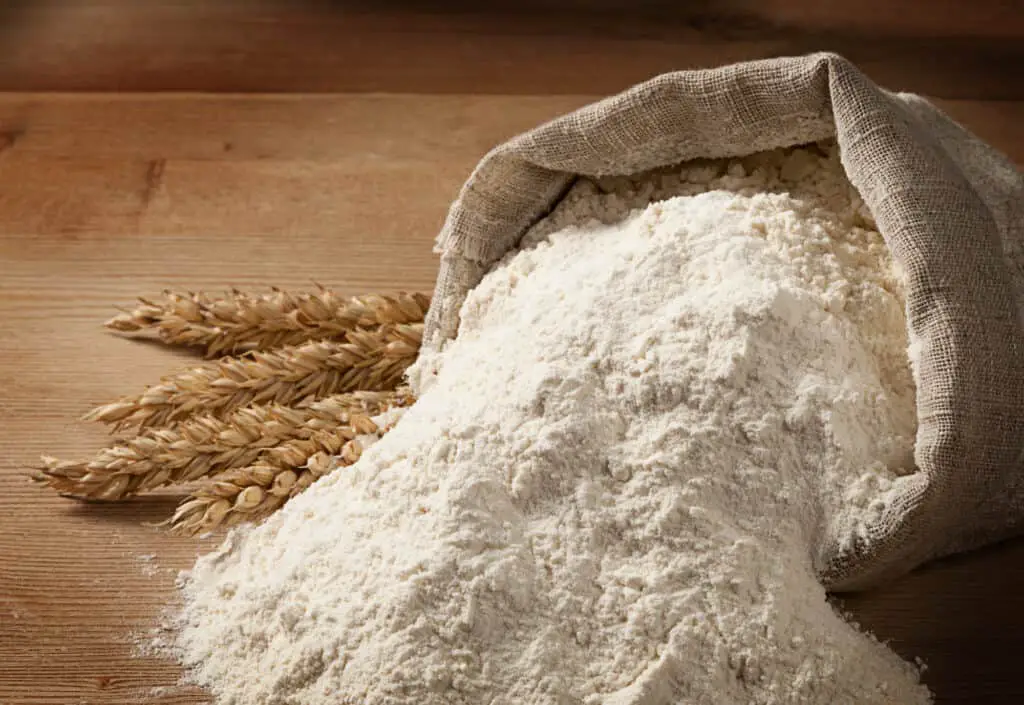
Some readers who are familiar with the whole vegan flour debate may think there is a mistake in the above list when it states that white flour (also referred to as all-purpose or refined flour) is vegan. This is because there was some information circulating a few years ago claiming that white flour, the most heavily processed version of the food staple, is not vegan.
The basis of the claim was that white flour used a bleaching process, just like some refined sugars do. When cane sugar is processed, some of it is passed through a filter made from “bone char” (which means the charred bones of animals, normally cows or pigs).
White flour gets a bad press amongst health-conscious consumers. That is because the processing that it goes through strips it of many of the original nutrients. But in the case of it being identified as non-vegan, the accusations against it are not correct.
It does go through a bleaching process, but no parts of that process use any products derived from animals. So, despite what you might hear from other sources, white flour is also vegan (unless it contains L-cysteine – see above – which is very unlikely).
This does not mean, of course, that all products that contain flour are vegan. Obviously, lots of products that use flour also use non-vegan ingredients. However, you can rest assured that the flour itself is, in almost every single case, nothing to worry about.
One other exception to look out for: cricket flour…
The other exception to the rule that flour is vegan is the strange concoction known as cricket flour. This is just as weird as it sounds: ground-up insects to make flour. Really, if non-vegans complain about alternative milks being labeled as milk, there should be no way that this product should be called flour (which suggests to everyone ground parts of plants). But it is labeled that way, so it is important to include it on this page to complete the picture on non-vegan flours.
It’s highly likely that you’ve never consciously come across cricket flour and are therefore not concerned about having to avoid it. But you may be surprised to learn that it does feature in some widespread products, such as protein supplements and energy bars. Cricket flour can also be found in other processed foods such as pasta, bread, cookies, snacks like chips and nachos, and smoothies. It can also be used as a flour substitute, so it is one to watch out for in ingredients lists.
Summary
So, what does it all mean? Despite some scares about white flour being processed (bleached) using bone char, flour is, in almost all cases, suitable for vegans. Recent research concluded that flour is suitable for vegans in 99.9% of cases. This led the good folk at The Vegan Society to conclude:
“Flour is suitable for vegans. All flour. Including white flour. There was some debate a while ago about whether flour is bleached using bone char (similar to sugar) however this is unfounded.”
There are two exceptions to this, as explained above. The first concerns the very rare examples of flour containing L-cysteine (also known as cysteine or E920). Check the label to make sure that your preferred flour brands don’t contain this, but it is highly likely that they will not. The second exception is cricket flour, which, as the name suggests, is made of ground-up bugs so it is definitely not vegan.
But with those two unusual exceptions aside, almost all flour is vegan, so you can enjoy your vegan baking safe in the knowledge that your flour is cruelty-free.


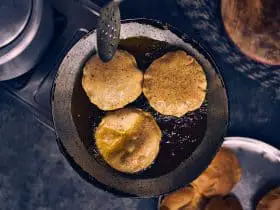

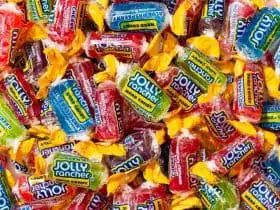
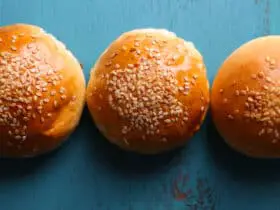

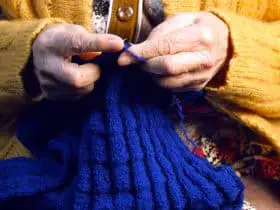
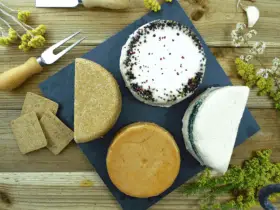
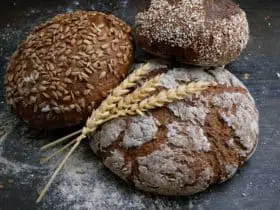


Leave a Reply